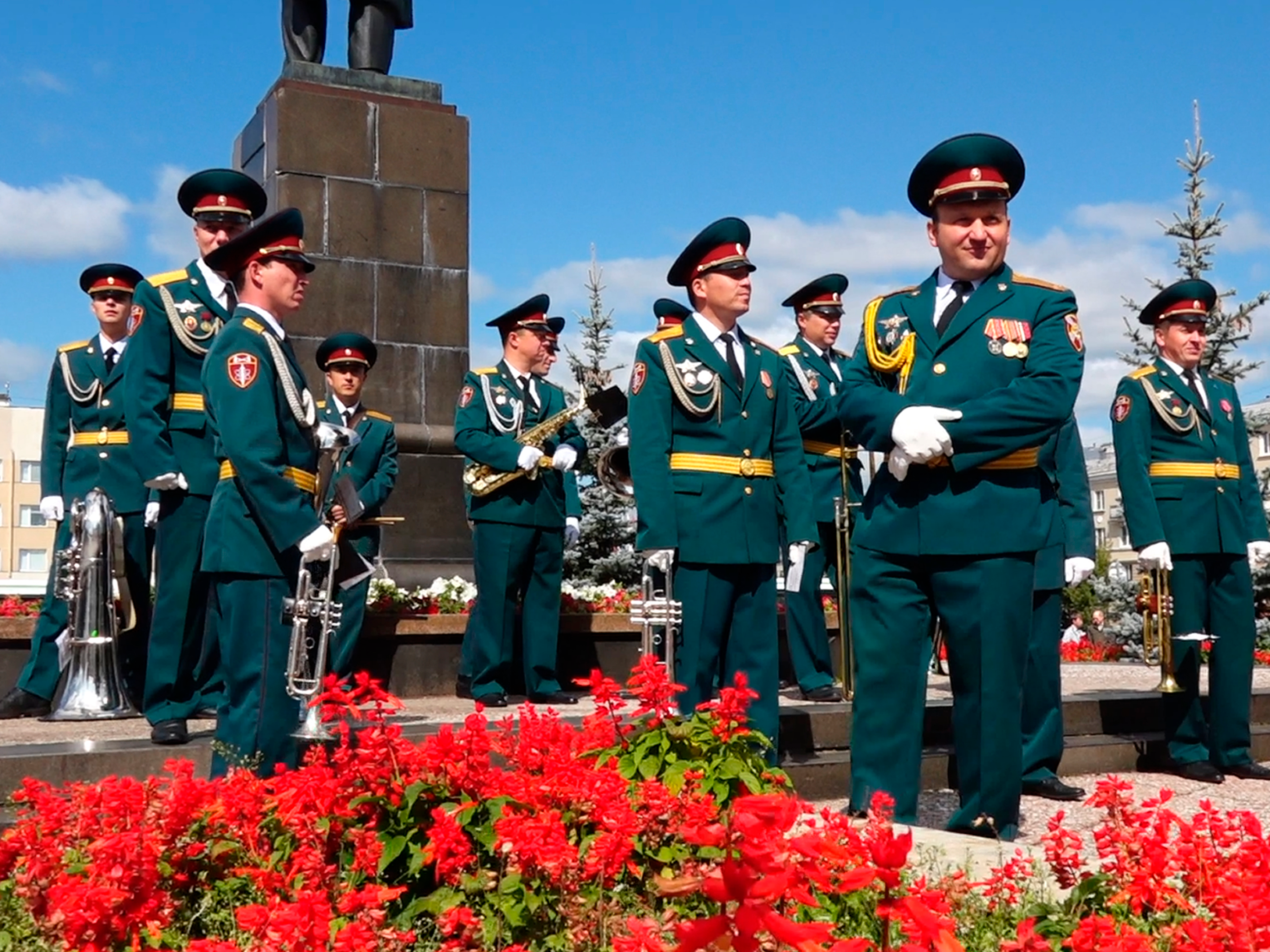- The Moscow Times reports that medical professionals who treated casualties of last week’s mysterious nuclear explosion in Russia were not told they were at risk for radiation exposure.
- The Russian government has been largely silent on the tragedy, which killed at least five, and it’s official explanations have shifted.
- Radiation levels spiked in nearby towns after the explosion. The military called for – then rescinded – an evacuation of the village of Nyonoksa, near the testing site.
- Visit Business Insider’s home page for more stories.
The Moscow Times reported on Friday that the doctors who treated engineers affected by a recent explosion near at a missile test site last week were not warned of the risk of radiation poisoning. The Moscow Times also reports that the physicians were asked to sign non-disclosure agreements by the FSB, the Russian security apparatus.
“No one – neither hospital directors, nor Health Ministry officials, nor regional officials or the governor – notified staff that the patients were radioactive,” a surgeon at the clinic told The Moscow Times. According to Novaya Gazeta, some medical staff reported tingling in their hands and faces after working with the victims of the explosion.
The explosion occurred at a weapons testing range near the village of Nyonoska, on the White Sea. Residents of the village were told to evacuate this week – an order which the military then reversed, the Associated Press reported.
Rosatom, the Russian state nuclear agency, confirmed that five of its engineers were killed. They were later buried in Sarov, and the government gave posthumous awards to the five engineers, calling them “national heroes.”
According to The Moscow Times, medical professionals working at the hospital during the crisis were invited by the Health Ministry to go to Moscow to undergo radiation testing. Around 60 decided to go. But after one doctor was found to have a radioactive isotope - Caesium-137, which is a result of the nuclear fission of uranium-235 - in his muscle tissue, the trips to Moscow for testing were abruptly cut off, and radiation experts were sent to Akhangelsk instead.
Radiation spiked in surrounding areas after the explosion, which experts believe is linked to Russia's "Skyfall" nuclear-powered cruise missile. Residents reportedly made a run for iodine, which can help protect against the effects of radiation poisoning.
The Moscow Times also reported that hospital staff who treated the engineers were asked by the FSB to sign non-disclosure agreements about the incident on August 9, a claim which the outlet could not independently verify. The Moscow Times also reported that the FSB deleted all of the hospital's records about the incident during the August 9 visit.
The Russian government has been tight-lipped about the incident, calling it a tragic "accident" and inviting comparisons to the 1986 Chernobyl disaster.
It is still unclear how many have died as a result of the explosion.

